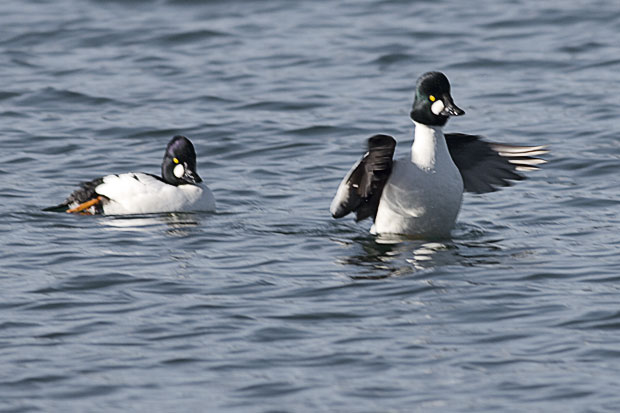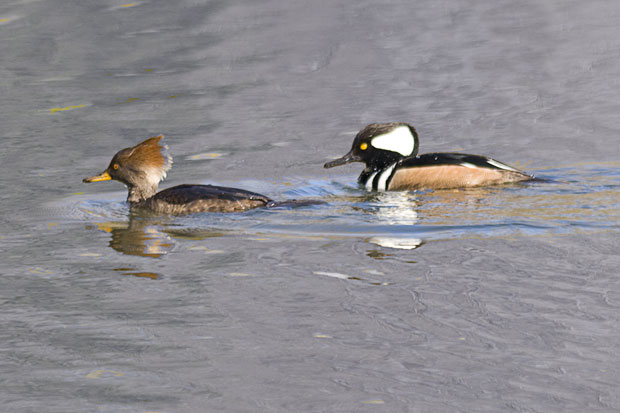I’ve finished David Wagoner’s The House of Song, and, though it’s not my favorite of his many books I own, it contains a number of very good poems that illustrate various phases of his career.
I originally thought I would end my discussion of the book by quoting one of the many native American-inspired poems that seem to dominate the second half of this volume because there were several that I liked.
Instead, I decided that this was my favorite and showed Wagoner’s ironic sense of humor quite well. I suspect it’s not entirely irrelevant that the poem is about a “professor of comparative literature,�? not a poetry teacher:
Symposium
The professor of comparative literature
is lying in the hallway this afternoon
Between the stairwell and a locked glass-case,
Not quite blocking the entrance to the mail room.
Though his hair is still combed neatly, his houndstooth
Appears to have grown too small for his upper torso,
And his dark slacks have shortened above his ankles,
Exposing inappropriate blue socks
With brown suede shoes. A stack of bound term papers
Lies next to him in their original order.
A quiet, attentive group of graduate students
And faculty has gathered loosely around him
While a campus policeman kneels and turns him over.
Behind the lenses of his wire-rimmed glasses
His eyes are firmly closed. His mouth is a slit.
His large square face has brightened
To the inexpressive ruddiness of greasepaint.
He wears a mask of mucus from nose to chin.
The policeman covers it with plastic film,
But before he’s mouth-to-mouth, the professor’s lips
Sink inward with the raw irregular snore
Of Cheyne-Stokes respiration, a farewell rattle.
His dignity has seldom been so apparent:
His Power to cause reflection, to persuade,
To influence and enrich the lives of others,
To deepen their understanding, to arouse
An empathetic tremor in his listeners
Who begin discussing the mordant implications
Of his presentation the likely interconnections
With other disciplines, and his shades of meaning.
But now the collapsible gurney is lifting him
Out of context, is rolling him out the door
And down the walkway into the ambulance
And driving him beyond their frames of reference.
I’m sure those of us who spend most of our lives talking about literature take our ideas much too seriously, sure we are teaching vital life lessons — though that might not be what most students think we‘re teaching.
At least I’ve been spared the indignity of dying in the classroom fallen under the weight of an armful of ungraded research papers. At the end, no one will be able to make fun of me because of my pocket protector full of red, blue, and green pens. No, now days while I’m out walking I can seldom even find a pen to scribble my web site’s address or even my name.
I’m glad when I finally fall it will be under my own weight, not under the weight of academic expectations.
I’m even happier that now I can live my life beyond everyone students’ frame of reference, free to be just me.
Like this:
Like Loading...



